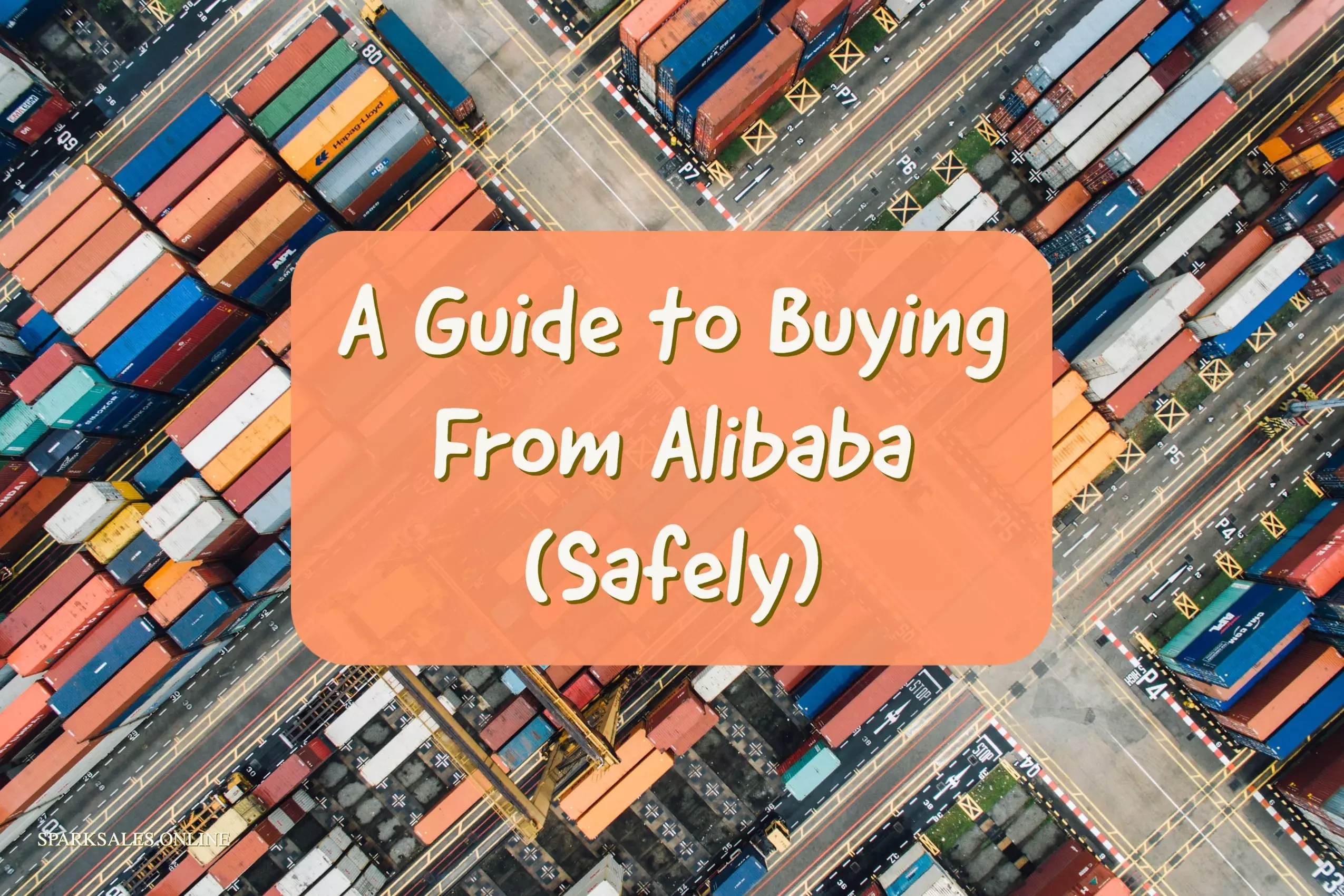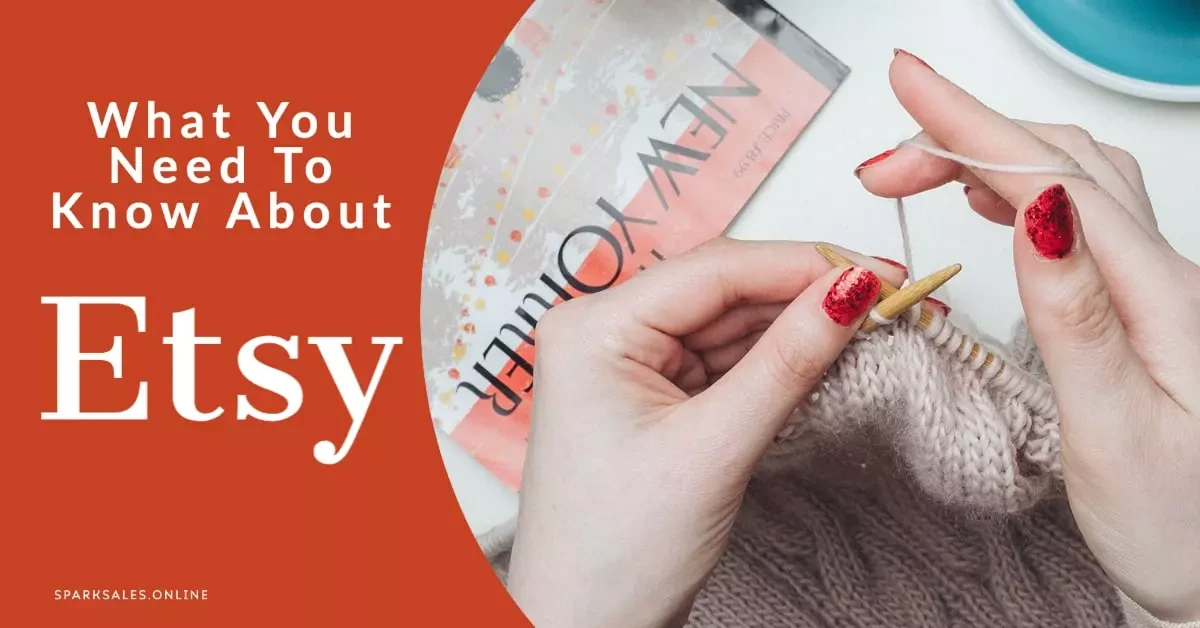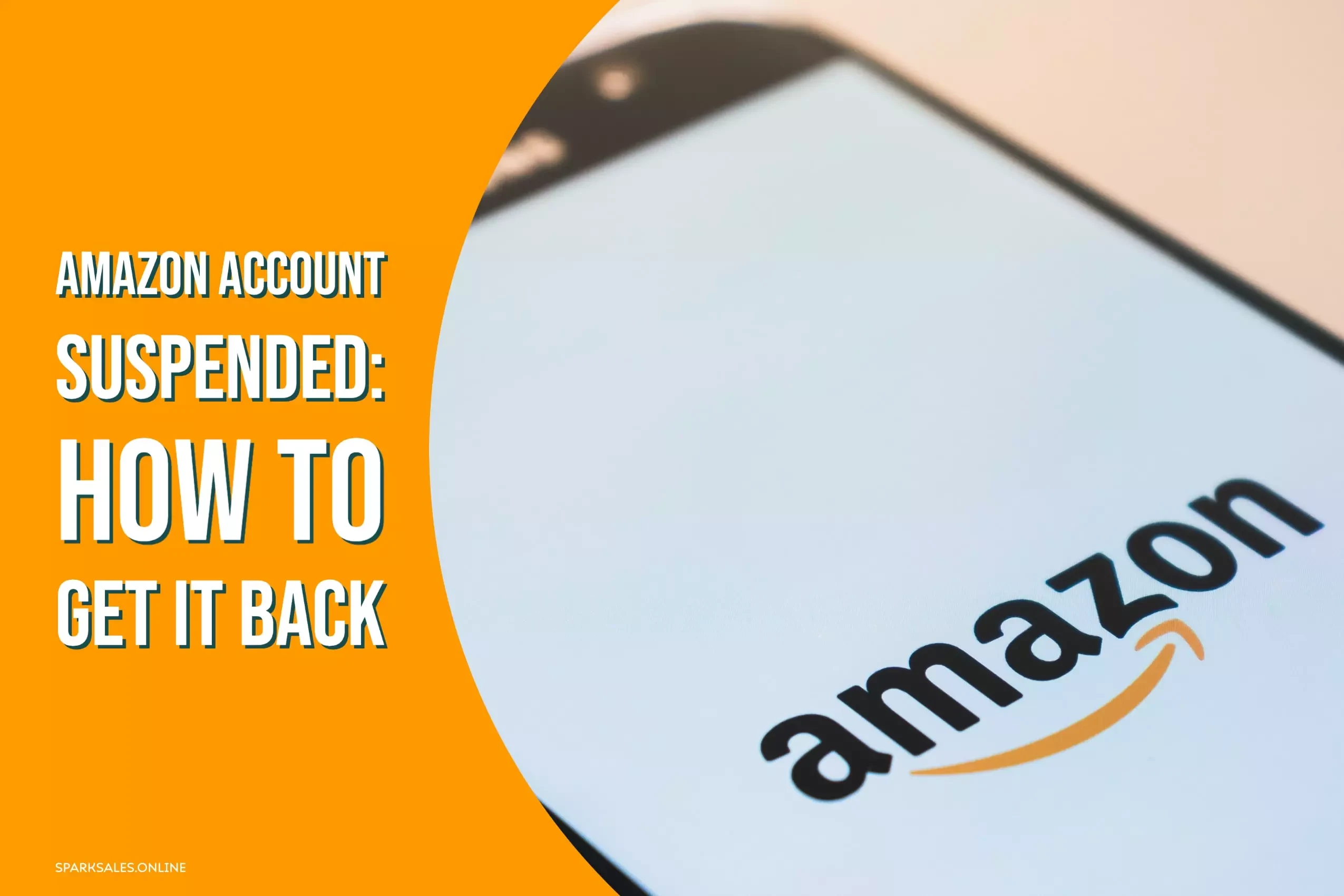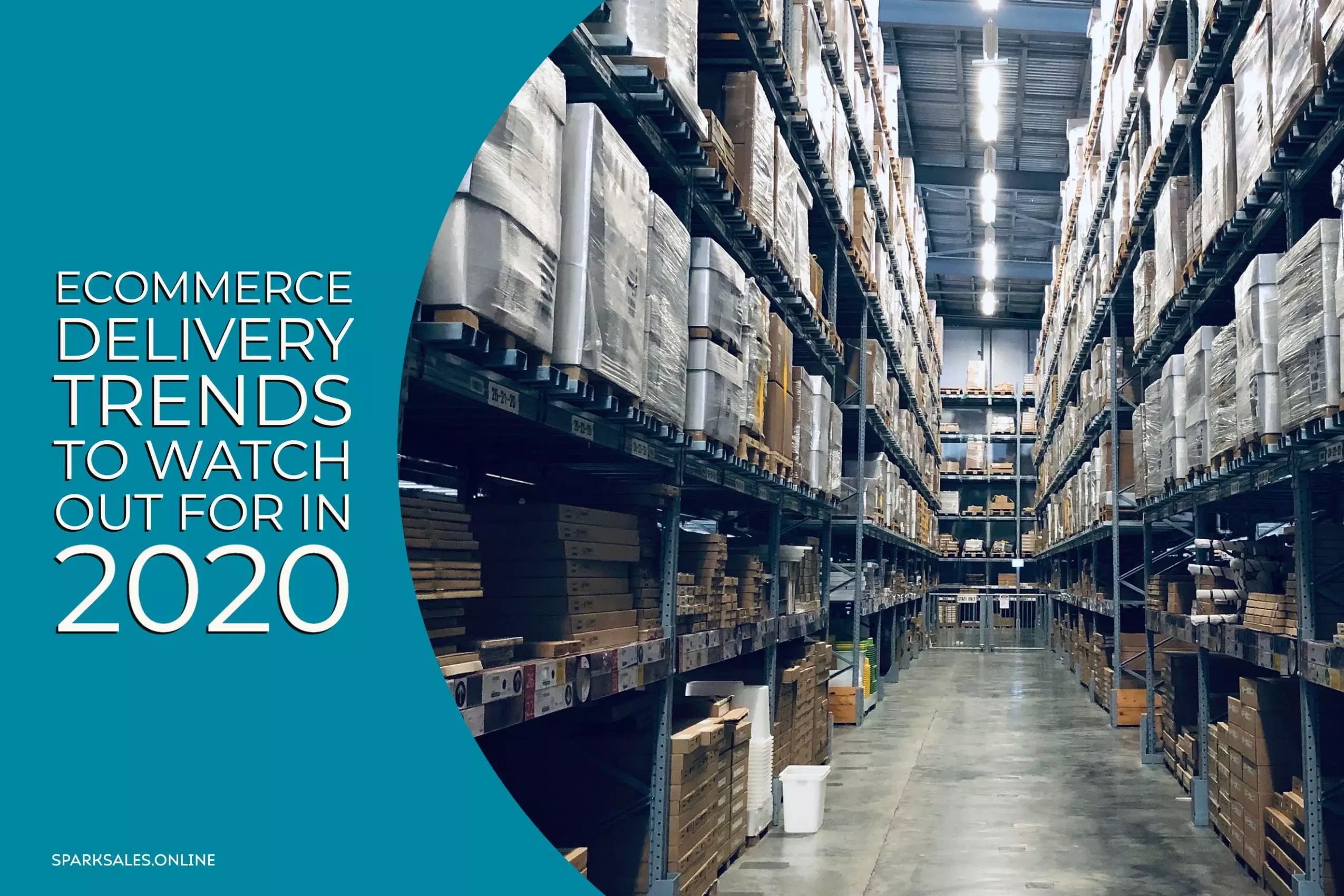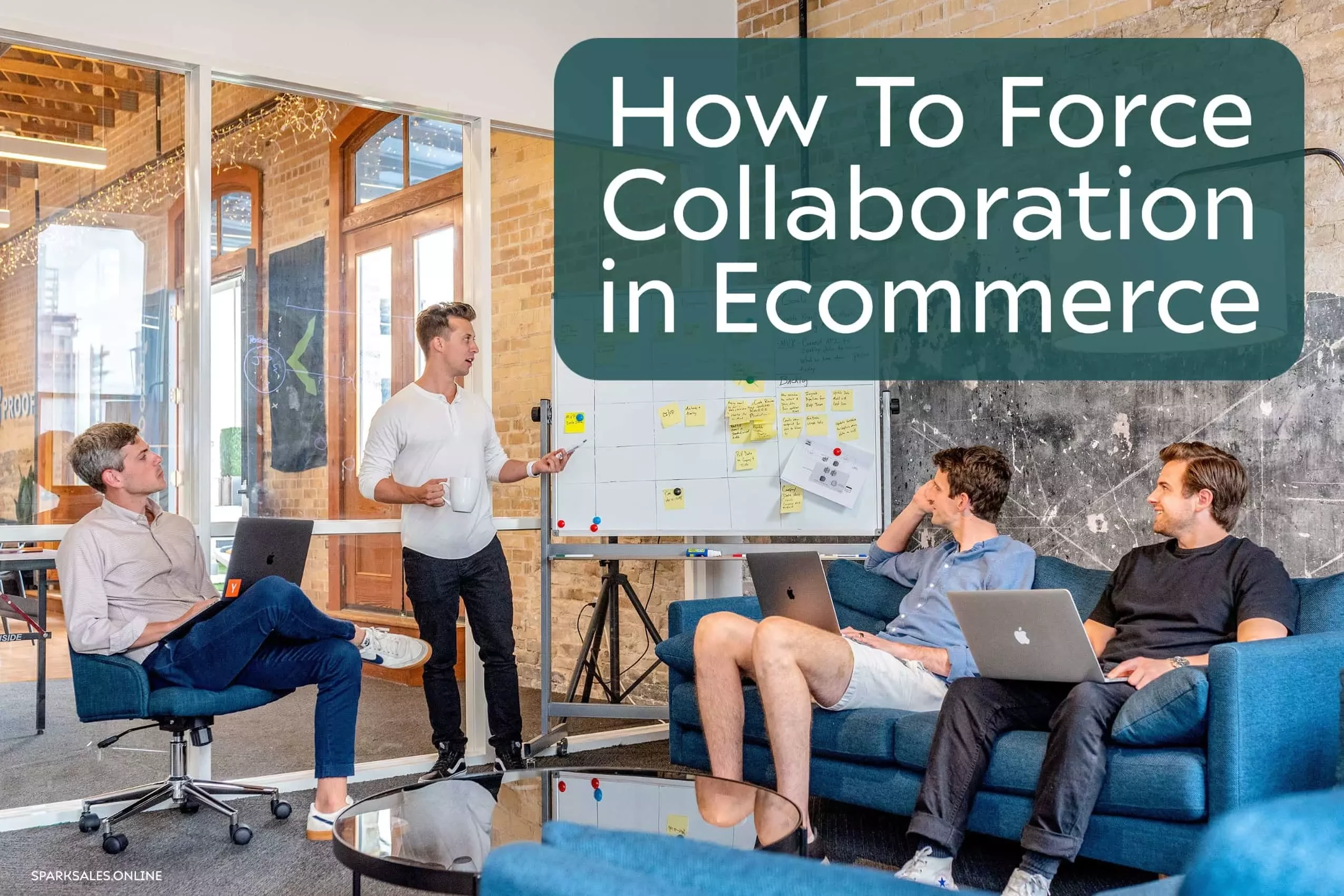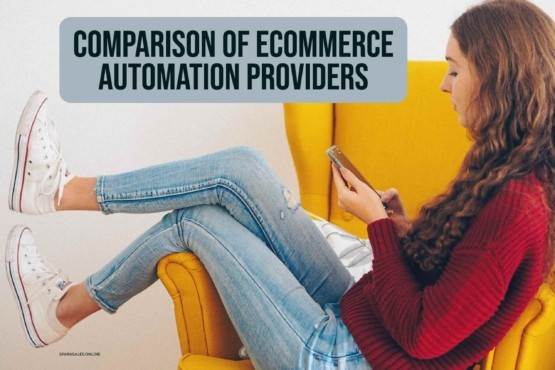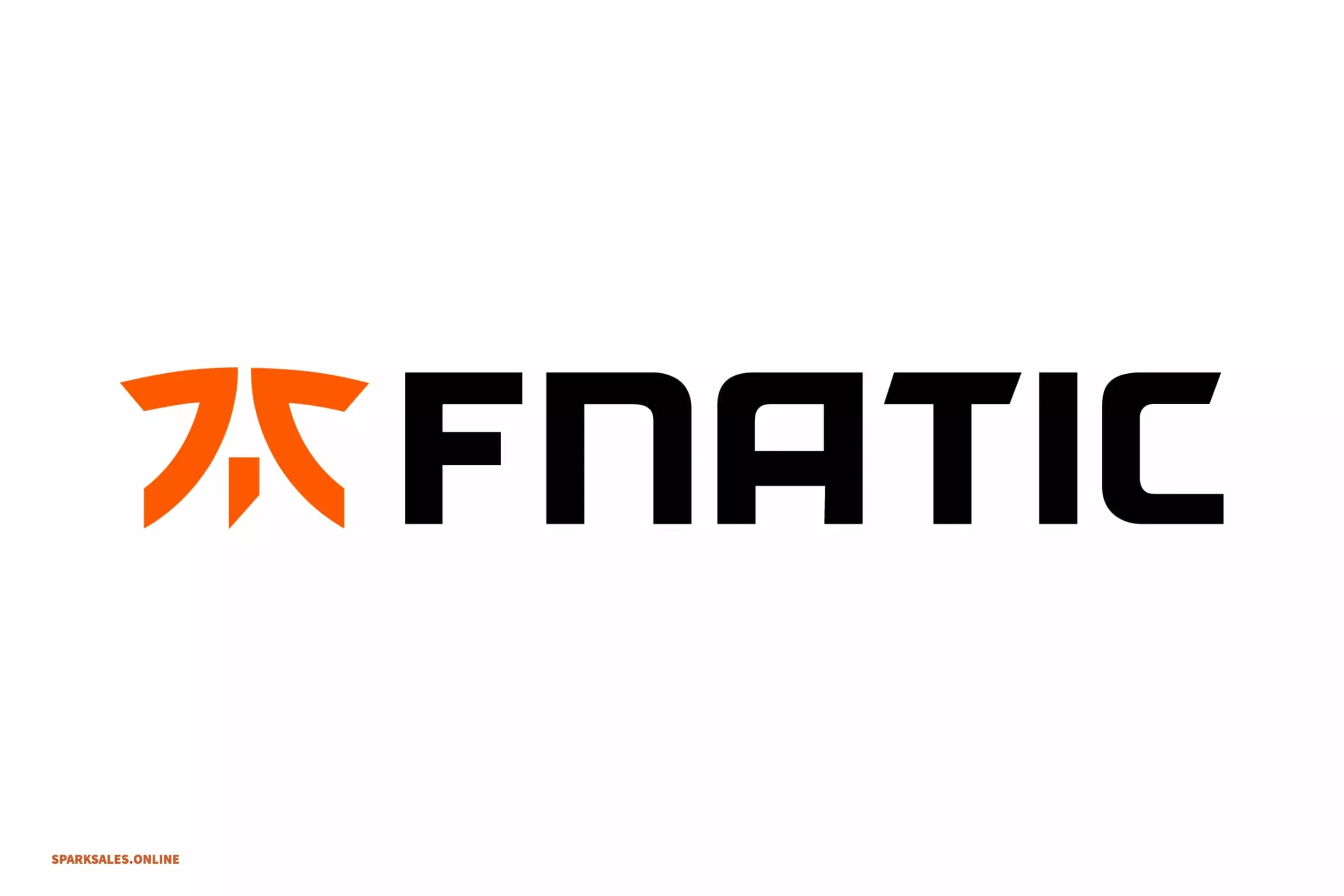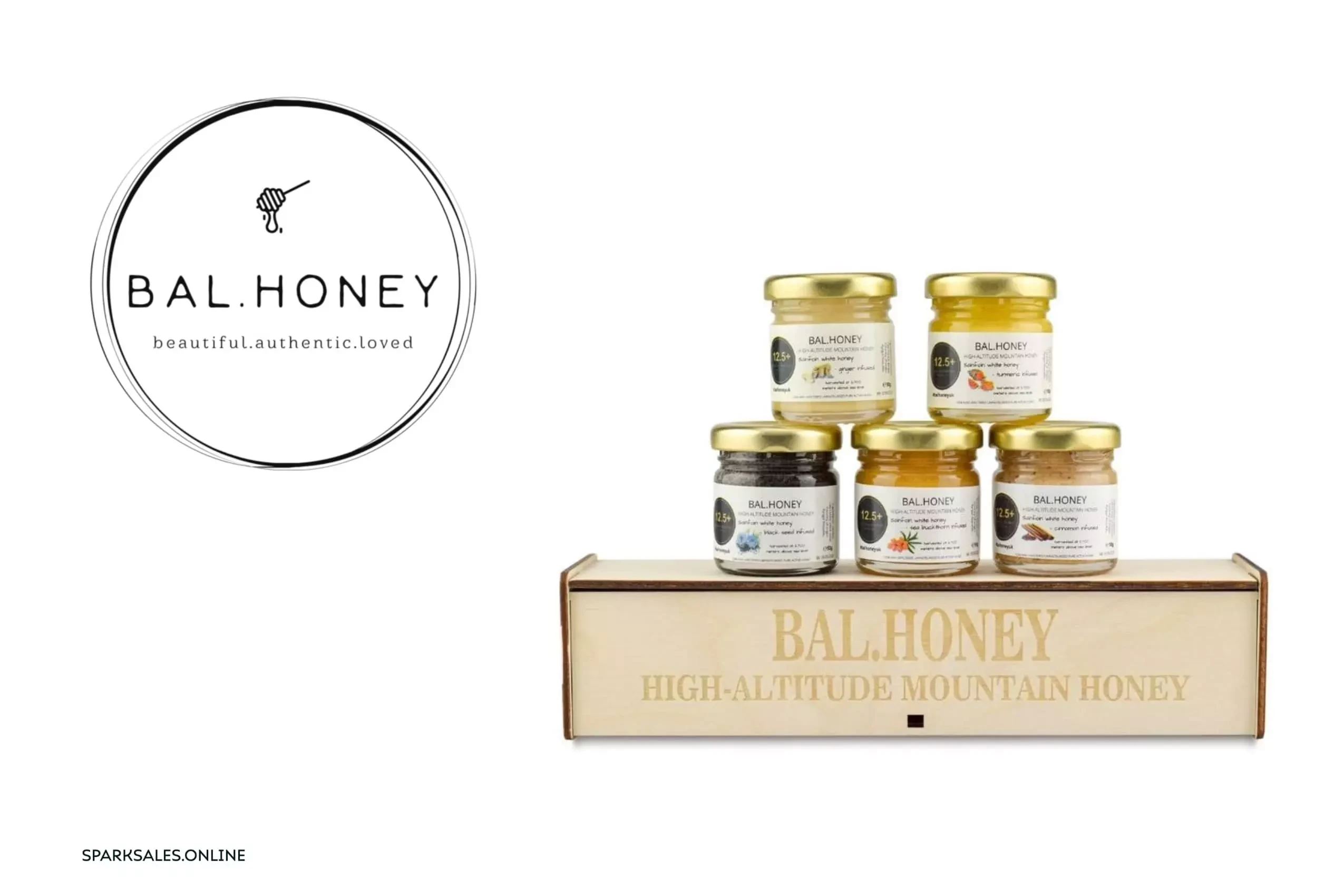The Secrets to Buying from Alibaba
Today I’m going to go over a complete guide to buying from Alibaba (Safely). Including how to look for the right manufacturers, get the best pricing, and the best quality. All the way to inspections, shipping and how to pay, we’re covering everything you’ve ever wanted to know in this article.
Now I know many of you out there have probably heard a lot of scary things about sourcing products from Alibaba. How you can get scammed, how you can overpay, get lousy quality products, and then get terrible reviews from your customers. Obviously, you know that an inferior quality product can break your Amazon business; just like that, it also can be intimidating making that significant investment.
Hence, you want to make sure you’re doing it right, to be sure you’re being smart with your money, and you’re also making your payments in the best way to protect yourself. So today, I’m going to go through all that and break it down step by step for you. That way, sourcing becomes more straightforward and not so daunting.
The first thing I want to talk about is alibaba.com, and what it is, just in case you haven’t heard of it yet. So alibaba.com is essentially an online marketplace for suppliers. So if you’re trying to sell on Amazon or you’re trying to source a product for your website, Alibaba is where thousands and thousands of suppliers all list their products in one place. That way, you can scroll through and talk to many manufacturers at once. To ultimately find the product you’re looking to source, put your brand on and sell yourself.
So if you’re trying to start an Amazon business and get a private label product, this platform is where you’re going to want to put your time and effort. You will want to learn and master Alibaba so that you can quickly go ahead and find your suppliers and get started with your business.
Now, if you’ve heard anything about Alibaba, you’ve probably heard some negative things, right? And that can be true if you don’t know what you’re doing. So yes, as with most things, if you don’t do your due diligence, you could receive a bad quality product or be overcharged.
So if you’re asking yourself if Alibaba is suitable for your business or the right place to get products, the answer is both yes and no. It’s a yes if you know what you’re doing and a no if you think you can just go on there and pick the first manufacturer you see. It takes a little bit of work because it’s a skill, just like product research is a skill; it’s just as complex as that.
You can find the best product in the world during product research, but that means nothing if you choose the wrong supplier for your product. So remember that this is just as important a task as anything else in your business, so take it seriously.
I next want to move on to how to use Alibaba, including how to find suitable suppliers. I’m going to do this in multiple steps. That way, you’ll know exactly what process to take the whole way through, from start to finish.
How to Find Great Suppliers on Alibaba
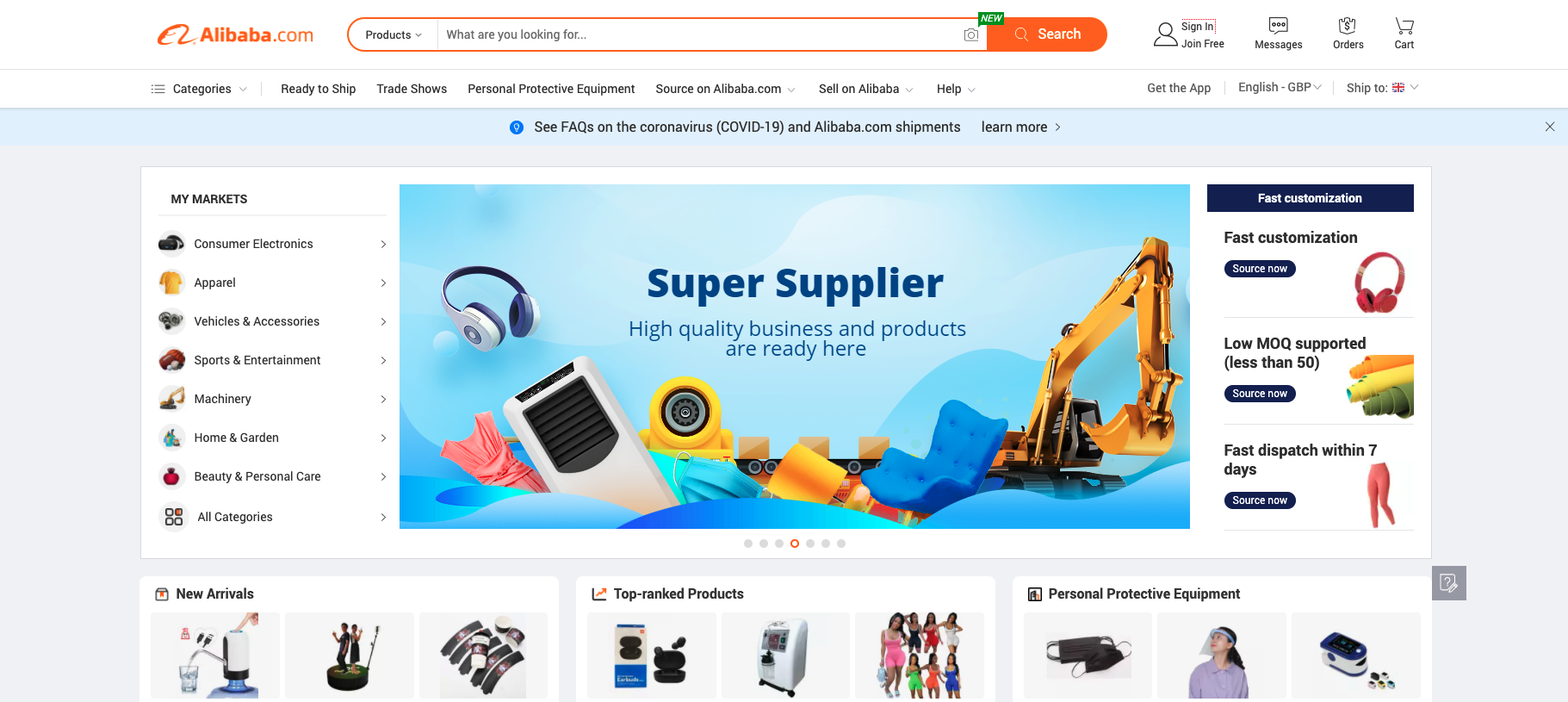
So the first step I want to talk about is how to use Alibaba. How to find your suppliers and how to navigate their interface. If you go direct to alibaba.com, you’ll see straight away that it’s pretty much the Amazon of suppliers.
When you search for a product on Amazon, you’re going to find it being sold by many different brands. Alibaba works similarly, so when you type in your product, you’re going to see a bunch of suppliers that all make and manufacture that product.
Now just like Amazon, there are lousy quality products out there, so that’s what I want to talk about here, how to make sure you know what you’re looking for on Alibaba to give you the best chance to succeed and find the very best manufacturers.
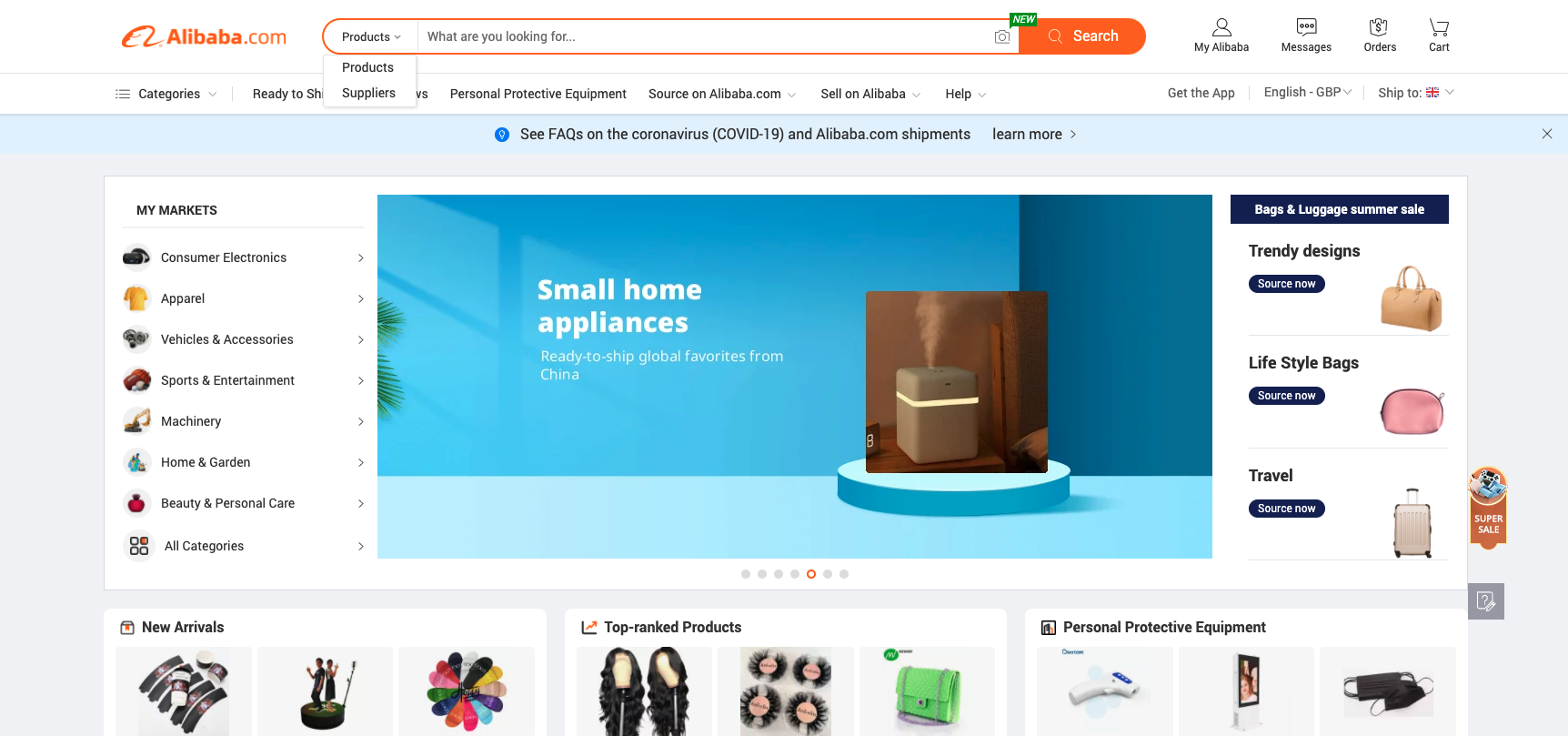
So the first thing you should do when you’re on Alibaba is click on the little tab at the top that switches between products and suppliers. When you type in your product, you will see many different products from the same manufacturer and different manufacturers.
For this guide, we’re going to use chopping boards as an example. So if a manufacturer makes many different chopping boards, well, you’re going to see multiple other listings for chopping boards. That’s why it’s best to search by supplier; this way, you’re just going to see each supplier one time, so this allows us to look at many different suppliers at once without getting overwhelmed by one manufacturer with a tonne of chopping board listings.
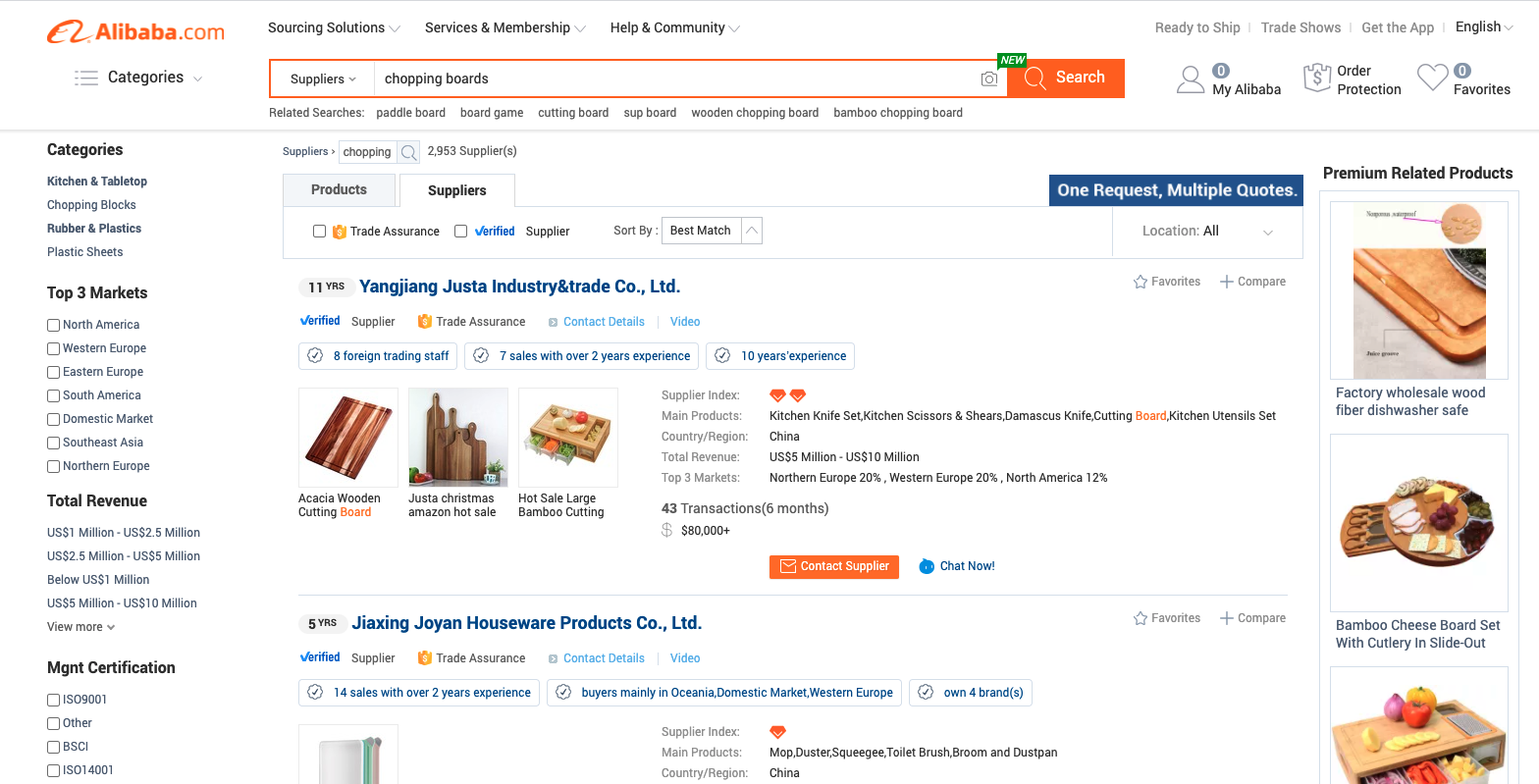
So if we type in ‘chopping boards’ in the search box and push enter, you can see that many different manufacturers pop up selling various chopping boards, and you can see the particular types. You have lots of different options of manufacturers who just develop chopping boards, which is incredible.
Still, you can see this page is jam-packed. A lot is going on, so I want to talk about what you should pay attention to and what you shouldn’t, that way you’re the most efficient with your time and also finding the best manufacturers.
Trade Insurance & Verified Supplier Status
The first two things I want to talk about is trade insurance and verified supplier status. So trade insurance (which we’re going to go into a bit more detail about later) means that the supplier on Alibaba has signed up with trade insurance through Alibaba.
This way, when you pay using Alibaba (I’ll talk about different ways you can pay a little bit later, too), Alibaba will actually hold this money for you to protect you from potential fraud.
Consequently, if a company has trade insurance on Alibaba, they’re most likely not there to scam people, right? Because that kind of defeats the purpose. It’s like buying insurance that will protect the people you’re trying to defraud; It doesn’t really make sense. So just by clicking that box, you’ll only see the manufacturers with trade insurance on Alibaba. That’s a quick and easy way to help protect you and assist you in finding reputable manufacturers.
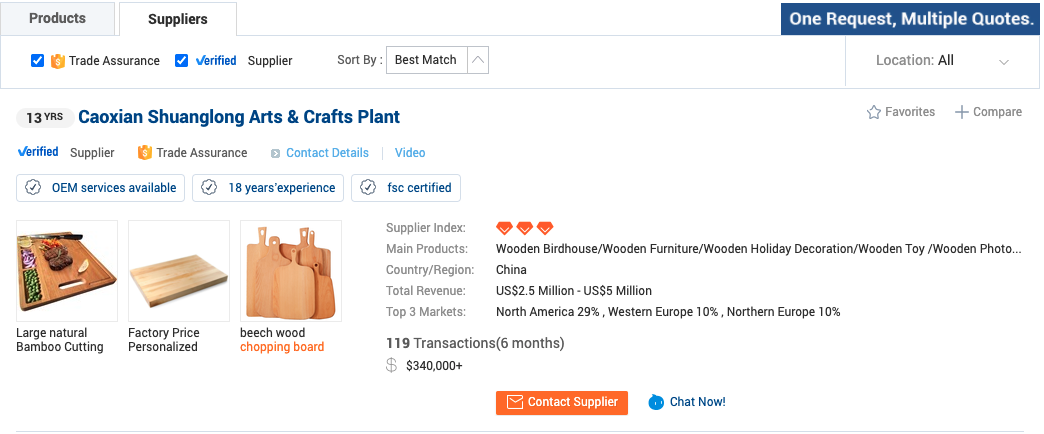
Next is a little tag called verified. So verified is when one of these companies or manufacturers using Alibaba actually hire Alibaba to have a third party inspection
company or maybe even an Alibaba inspection company come out and check out their facility. They inspect the offices, the manufacturing, the warehouses, all that good stuff, to make sure that this is a genuine manufacturer. They pretty much do a thorough inspection to say that this company is real, their quality is high and here are photos to prove it.
So right off the bat, tick these two options in your search because there’s no reason not to. There are so many manufacturers on Alibaba that there’s no reason not to tick both of these to protect yourself from potential fraud. This is just because scammers usually aren’t going to go this far just to rip you off. There are simply too many costs involved in the process to get approved.
How Many Years Have They Been Active?
The third thing to look for is how many years they have been on Alibaba. Again this is another fraud protection and detection data point you’re looking at. So if they’ve been on Alibaba for 13 years, they most likely can’t scam people successfully for 13 years and still be on the platform because they’d probably be shut down or be under a different company name. Therefore their amount of time on Alibaba would be a lot less because they’d have to start new companies, re-list and start all over from zero again.
Another reason why I think this is important is that if they’ve been on Alibaba for 13 years, they’ve dealt with many ecommerce sellers just like you. So they know exactly how to communicate with people in your position.
Maybe they have English speaking representatives; they also probably know precisely what needs to go into an Amazon box and packaging because they’re used to printing those labels. They’re most likely used to working with freight forwarders, so they probably have a lot of experience. It’s going to be an effortless transition for you to work with this manufacturer because they regularly work with other sellers along that path as well.

Manufacturer’s Main Products
Next, I want to look at main products. So main products are essential to look at because there are so many suppliers worldwide, and they usually have one or two products that they’re specifically the best at.
So if I use water bottles exclusively for this example, there are many manufacturers for water bottles that solely do maybe 95% of their manufacturing just in water bottles. Hence, if you’re selling water bottles or want to buy some for your private label brand, you want to find those companies because they have the most purchasing power for that type of material. They also probably have the best quality product because they’re so used to making these over and over again that they’re more likely to be the best in the world at making quality water bottles.
Now say you’re looking for travel mugs; maybe the manufacturer makes these, but they make 95% water bottles. Perhaps their price is slightly higher on the travel mugs because they don’t buy as much material for that. Maybe they’re not as good at making them because they don’t make them as much as they do water bottles. So even if they’re in the same family of products, you still want to find a supplier that mainly makes your product. The point here is that you want to find the experts for your niche and your product.
Factories vs Trading Companies on Alibaba
So the next thing is the name of the company. You can tell a lot of information from the name of a company on Alibaba. You can usually get a general idea of what to look for and what not to look for. The first thing is the location. So they typically have the location of where the company was founded right at the beginning of the title.

This one’s in Caoxian. One thing to look for here is their distance to the coast. So it’d be the eastern coast of China; that way, they’re closer to the ports, which helps lower the shipping cost.
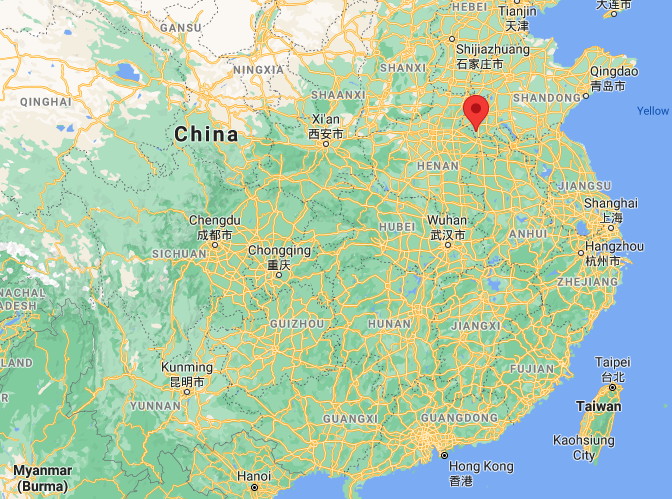
So Caoxian is a county in Heze City in southwestern Shandong Province, China. It borders Henan Province on the west.
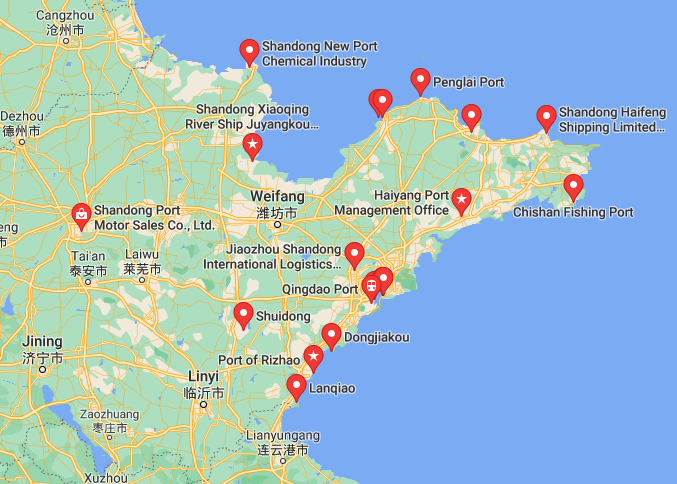
You’re looking for cities and locations not far from ports, which will help you keep your shipping costs down low compared to shipping out of central China.
Next in the company name is the industry, which is usually the product they are known to produce. What you’re looking for here is mainly the location; the name is not as important because you can name your business whatever you like. The main thing to note with these names is that you can usually tell if a company is very specific to the type of product they manufacture.
Now you want to see if they are a trading company, an actual manufacturer, or both. So there’ll be little clues in these to see if they’re a trading company or a real manufacturer. Take a look at the products they’re selling, and if the type of products are kind of all over the place, this will give you a clue that they’re more than likely a trading company.
You might want to watch out to ensure you’re not sourcing from a trading company because these companies could be middlemen themselves. They’re usually very good at dealing with international customers. They’re generally just an office building somewhere in China that gets products from another manufacturer and up-charges them to you.
I’m not saying trading companies are always to be avoided, but you need to know how they work in general, that way, you know what to expect, and you know what you’re dealing with.
Now they could be both a manufacturer and a trading company. This is ideal because if they’re a trading company, they probably have experience dealing with international customers, have English-speaking representatives, and know how to deal with clients and customers in the ecommerce space. With them also being manufacturers, you know that they get the best quality, the best product pricing, and are experts in their field.

Country and Region
Next up is country and region, so the China category region on Alibaba will be huge because probably 99% of the manufacturers on there are based in China. But if you want to go ahead and look at different countries, you can easily select that in your search.

Total Revenue
Total revenue is an excellent indicator to check. Obviously, it should not make or break whether you choose a company. However, it’s great to see a higher revenue on Alibaba because it means that they do a lot of business, so they’re used to it. They’re probably a pretty reputable company.

Top Three Markets
Next is the top three markets. This is important because ideally, you want to see the market you’d like to sell your products in as one of their top markets. After all, that means they’re used to your customer’s standards of quality.
So then you have a good idea that they probably know what kind of quality you’re going to expect out of their goods and materials. Which is what you want in order to have a four or five-star product on Amazon.
In the last six months, this company has had 124 transactions over $210,000+, which is good because it shows that they have had recent activity when doing business on Alibaba.
It’s always good to see a high response rate as well, so you know that you can talk to them quickly and easily.
![]()
How to Scrutinise a Supplier
How can you actually vet a supplier to see if they are the one for you? You need to contact them. To do this, you click ‘contact supplier’; now, this is where you put your RFQ (request for quotation) because you want to look professional. You want to look maybe a little bigger of a company than you are, or at least make sure that they know they’re not wasting their time with you, and you do that with a well-written RFQ.
You need to ask a lot of questions to see if they’re a good manufacturer. Then when they respond, you need to move them from Alibaba’s messenger because it’s just not a very good communication tool. Move them over to email, and then eventually, you’re going to move them over to some form of instant messaging like Skype or maybe WeChat.
What you’re doing here is trying to create a faster dialogue so that you can talk to more manufacturers to get the answers you need quickly. You’re looking for good English, how good they are at answering your questions, and you’re trying to get more information out of them so that you can get it down to maybe two or three suppliers out of the 15 or 20 that you message.
If you do this just via email or Alibaba’s messaging centre, it will take a long time because of time zone differences. At least on an instant messenger, you can give them a whole lot of questions as you’re thinking about them throughout the day, and they can go ahead and respond when they’re ready.
So to keep all this information straight, it’s best to create an Excel document to keep track of all the questions you ask and what you’re looking for. Along with your pricing, shipping costs, product packaging and making sure that you’re logging that to help you make your final decision.
After you start the conversation and are getting used to talking to these manufacturers, which takes some time, you’re then going to pick maybe two or three suppliers out of 15 or 20 that you want to work with.
Now you may be thinking, “How do I know for sure?” You’ll generally just get a good gut feeling for it. Obviously, the pricing’s got to be fair, the quality of the conversation’s got to be up there, and they’ve got to fit most of the criteria you’re looking for, but don’t expect them to match 100% because that’s just not realistic.
This way, you’ll get a good understanding of who will be good to work with and who is not; most people do not tend to drop off anyway because they are likely not to respond to all of your questions.
Get Samples
Since at this stage, you now have two or three suppliers in mind. Now’s the time to request samples. So this is important because it’s crucial to feel these products in your hand to experience the quality before you attempt to sell them.
So pick two or three top suppliers to request samples from with everything you want to be included. Maybe they have different packaging types that you want to get examples of; perhaps they have different sizes or colours that you’re thinking of importing.
This is where you usually decide who to work with, whose product you really liked, and then move on to the next step: getting the best price possible.
![]()
Getting the Best Price Possible
If you’re asking yourself, “I’m just starting out, do I have the right to negotiate? How much can I negotiate?” Well, this section is hopefully going to answer all of your questions.
How Do You Get to the Point Where You Can Negotiate With Suppliers?
Well, firstly, you need to make sure that you look professional. If you’re brand new, you don’t want them to know that because they’re not really going to want to waste their time with someone who’s more than likely not going to follow through with the order.
So it’s better just to make yourself seem a little bit bigger than you are, and it’s all in the way that you communicate with them. Therefore the initial message that you send to them could be something like:
“Hi, my name is Paul,
I represent the brand Country Kitchens, and we’re looking to expand our product line to include your kitchen products.
We have a few questions below if you would please answer them at your convenience.”
It’s important to let them know that you represent a company or a brand. It doesn’t matter if you’ve actually registered your company yet. They’re probably not going to dig very deep with that initial communication.
If you do have a website, that’s great; you can link it for them. If not, it’s not too big of a deal. What is important is that you have a professional email. So if right now all you have is a free Hotmail email address like Paul12345 at hotmail.com, that will not sound very professional. Any real company, any genuine brand, would have a domain name with a brand name as part of their email address.
So you want to get a professional domain name; for this example, Paul’s email address would then be: Paul at countrykitchens.com. You can get this from Gmail. It’s a small amount of money a month for a professional domain name, so it could be whatever you want.
I’d recommend investing in that when you are starting to communicate with suppliers because it just shows a level of professionalism that you’re going to need to really be able to negotiate successfully.
Respect
Like with all relationships, if you want them to respect you, you need to show respect towards them. This is really important because the fact of the matter is that they don’t need you as much as you need them, so just maintain a level of respect that you would like them to show to you as well.
So what does that mean exactly? Well, start by asking some questions. Most sellers probably don’t ask their suppliers:
“Hey, what are your hours of work? What days of the week do you work?
So that I can make myself available at your convenience to speak with you”.
It’s important to remember that often if you’re sourcing overseas from China versus here in the UK, the time zone differences can be dramatic. Sometimes sellers think, “Okay, well, my workday ends at 6.00 pm now I’m going to start talking to my manufacturers on Alibaba”, and then they’re disappointed that the manufacturers don’t respond promptly.
You need to make sure that you are available when it’s suitable for them, so ask them, “Hey, when do you work? What are your hours? Do you work on the weekends?” Asking them those questions will make them feel like you respect their time, and that’s crucial.
You can also ask them how they prefer to communicate. If you’re sourcing from China, it’s possible that English is not their first language, so the fact that you get to communicate with your potential suppliers in English is a privilege for you because it makes your life easier. You must realise that it might be a little more challenging for them to communicate with you in a language that isn’t their primary one.
It’s understandable then that frequently, suppliers will prefer not to chat with you over the phone. They’d instead rather communicate by email or messenger, so by asking them these questions, they will feel like you respect them, and that respect will be reciprocated.
Negotiate
Once you’ve established that level of respect, you can now negotiate. To start with, they’re going to give you an offer, and they’re going to let you know what the MOQ (minimum order quantity) is.
They might say that the minimum order quantity is 5,000 units, and you might be thinking, “That’s way too high. I can’t afford that”, and that’s fine, just because they say that the MOQ is 5,000 units, that doesn’t mean that number is set in stone. For the most part, they know that you’re going to negotiate. They’re going to try and put their MOQ high because they know you’re going to try and arrange it to be lower.
So you just let them know that by saying something like:
“Hey, thank you for the quote!
Because this is a new product that we’re introducing to our customer base, we’d like to place a sample order.”
‘Sample Order’ is an important keyword when you’re negotiating because this is a word that most suppliers understand, and when they see these words, they know what you’re trying to say. They know that you want to place a smaller order to test out your marketplace to see what your market thinks and if the order is successful, and your customers like the products, you’re going to place a larger order, so you can say:
“We would like to place a sample order of 2,000 units to start with because we would like to test out the marketplace, and if all goes well, we would like to develop a long-term relationship and place a second larger order with you.”
Two of the essential phrases to take away from this are ‘sample order’ and ‘long-term relationship’ because a long-term business relationship means that you will be placing more orders and doing many more transactions with them.
So that’s essentially how you negotiate. There’s not much to it. It’s just using specific wording and also not low-balling. If their MOQ is 5,000 units, don’t go to 1000 units, maybe meet them halfway and if they give you a counteroffer of 4000 units and you’re still not willing to invest in 4,000 units to start, say:
“Thank you for the counteroffer.
I would like to stick to my original MOQ of 2000 because…”
You then reiterate why you want to only purchase two thousand units and let them know that it’s a sample order because you need to test your marketplace and that you hope to have a long-term relationship with them.
You can also let them know that you understand that by placing a lower MOQ order, the cost per unit will be higher. So if you ordered 5,000 units, maybe the price is 60p per unit. However, if you order 2000 units, perhaps the cost is 80p per unit, so the fewer units you order, the more expensive each unit will be. You can let them know that you understand this and you’re willing to pay more money per unit to order less.
That’s just something you’re going to have to work with and accommodate in your budget because these suppliers are making an exception for you to get your business going. Maybe you don’t make as much profit at first. Nevertheless, you get to prove the product, and you can later come back and buy a more considerable order quantity to get a better price and make a higher profit margin on those goods.
Nurture
Once you have successfully negotiated with your supplier and placed an order, you’ve now developed a relationship, and it’s a relationship that you need to nurture because remember you need them more than they need you!
So what can you do to grow this relationship? How can you contribute to your supplier? Maybe you can do something that many people don’t do so that you can stand out. Remember that you’re not the only person they’re doing business with; they probably have hundreds or thousands of other relationships, so what is a way that you can stand out and earn their trust and respect?
Perhaps you could send them a card at Christmas? Maybe you could send a gift? You could also make sure you take note of their birthday because when you have a supplier, they give you a specific agent that works with you long term, so you definitely have the opportunity to build a relationship with that person and get to know them.
Differentiate
So you found one supplier, and they’re great, everything’s fantastic, but don’t get too comfortable! This is a mistake that a lot of people make. It’s great if you find a supplier like that because not everyone finds a relationship like that.
However, you still need to differentiate and diversify because it’s essential to make sure that if they go out of business or if for some reason they don’t want to do business with you anymore, at least you have another supplier to fall back on. Now negotiation is part of Alibaba. It’s part of the manufacturer vs buyer experience. With that said, you can’t push too hard here. Both parties have got to win.
Let’s say you’ve picked your supplier, but their prices are £1 higher than their competitors, but you still really want to work with them. You should go ahead and ask the supplier something like this:
“Hey, guys,
I really want to work with you!
You seem to have the highest quality product and the highest quality service, and I really want to make a long-term relationship work with you.
The only thing that I’m seeing is that your price is slightly higher than the rest of the competition.
Is there any way you could work with me on this?”
Usually, they’re very open to this conversation, and you can go back and forth and kind of see what they’re willing to work with. Maybe you can meet in the middle or something like that. Again don’t force their hand too much. It’s better to have a win-win. That way, the long-term relationship is more likely to work out.
Once you start buying lots of goods, of course, the quantity of your orders goes up and up. That’s when you can push a little harder for some price cuts because you’re a more significant customer, but at first, you need these suppliers. They don’t really need you. Eventually, you want to get to the point where they do need you because you’re such a big customer and you’re selling many goods, so make sure you’re negotiating fairly.
![]()
How To Place Your Order
On to the next step, which is placing the order. So you can obviously place the order directly through alibaba.com, through their system. You can send a wire transfer/bank transfer, or you can use a credit card.
When you first place an order with a supplier for the very first time, it can be best to use PayPal because they have a great buyer protection program. To do this, you’d contact the supplier and say:
“Hey,
I’m willing to cover the fees to use Paypal, but I like to use it just to protect myself for first time orders and to make sure everything goes right.”
So then it’s wise to actually use a credit card on top of that on PayPal. That way, you can file a claim with PayPal if something goes wrong, and you can also file a claim with your credit card company if PayPal doesn’t help you out there.
Now there’s also trade insurance on Alibaba, and you can file claims there. Still, they tend to not be as friendly on claims as they probably should be, so that’s why it’s wise to use PayPal instead of Alibaba the first time around.
Eventually, once you trust this supplier, you’re going to possibly move to wires via Alibaba. That way, you’re protected throughout the whole process. Plus, they have fewer fees than using a credit card or PayPal.
Remember, when you’re buying these goods, you’re actually only putting 30% down. You’re going to give them 30% of the total bill for them to start production, then after production is done and everything checks out, which we’re going to talk about in the next step; you’re going to pay them the 70% before they ship the goods.
This helps protect you as a buyer. That way, if anything goes wrong during the process, at least it’s only 30% instead of the whole lot. Plus, suppliers are usually more likely to help you out and fix any issues because they’re still down that 70%.
![]()
Inspect the Quality of the Goods
Before you pay that final 70%, consider getting an inspection service to inspect the goods once they’re finished being produced by the manufacturer.
There are indeed costly inspection companies that do this for huge brands, but getting a good quality inspection in China is actually very affordable. It can cost around £75-£150 per inspection, and these companies will go to the manufacturer, and they’ll take a percentage of the goods. They’ll then go ahead and test these products against your specifications. This could be making sure the barcode scans or drop testing to make sure they are durable; they could also be checking that there are no missing items.
Suppose you’re planning to sell on Amazon. It’s essential to make sure that the product actually does what it says it will do before it gets into Amazon. That way, you don’t have any surprises, and you don’t have to worry about bad reviews coming through when you’re stuck with 500 units at Amazon already that you can’t fix or do much with.
Now, these inspection companies will send video reports back to you, and then you can go back to your manufacturer if you need to before paying the 70% and say, “Hey, can you guys take care of this before we pay the 70%? This is definitely outside the fail guidelines of the inspection.”
Also, remember that not every product can be perfect. It’s just part of manufacturing that there’s going to be a defect rate. The inspection companies are good at letting you know if it’s within the pass-fail range.
![]()
Getting Your Product Shipped Over to an Amazon Warehouse
On to the last step, and that is getting your product shipped over to an Amazon warehouse. Now here’s a very broad overview of how it works so that you know how this process fits into the puzzle.
So once your products are ready and you’ve paid the final 70%, it’s time to ship the products. Now you either have your freight forwarder (which is just a company that ships goods internationally) ship your goods or your supplier. Suppliers usually have their own shipping process that they can add to your bill.
Sometimes, it’s best to use a freight forwarding company because they are separate from the supplier. As always, there’s good services and bad services, unfortunately, so make sure you’re doing your research thoroughly before deciding. At first, it’s okay to use your manufacturer to ship your goods just to get the hang of it, but otherwise, as you scale, look into a freight forwarding company.
After deciding who’s shipping your product, they’re going to go ahead and take care of the whole process for you and get that sent to the Amazon warehouse that Amazon chose during the shipment making process on your Seller Central.
How to Order and Pay on Alibaba
Make sure you’re getting your quotes in DDP. DDP means delivered with duties paid, so that’s important to make sure there are no hidden custom costs, tariffs or taxes on your goods when you’re importing them.
You don’t want to get your goods shipped over to Amazon, have the courier delivering them ask Amazon for a customs fee and have Amazon then laugh and reject the whole shipment. You really don’t want that, so you want to pay your duties upfront to avoid that entire scenario.
You also want to have your freight forwarder separate these amounts: How much will it cost to ship it? How much are my duties? Get three or four different quotes. That way, you can see if a freight forwarder is trying to skip duties and possibly get you into trouble. You need to ensure that they are properly tracking your product from start to finish and doing things the right way because you don’t want your product stuck in customs or getting rejected when it arrives at Amazon.
So that’s it, that’s your guide to buying from Alibaba Safely; I know it’s a long one, so make sure to bookmark it because it is all super important information. It’s just as crucial as product research or any other part of your business. Even if you find the perfect product, it means nothing if you don’t find the right supplier, so please take that seriously and know that this is a fundamental skill you have to develop to have a successful business on Amazon or anywhere else.
Now you know everything there is to know about buying from Alibaba safely whilst limiting mistakes and potential pitfalls. It can be a daunting process but hopefully, the tools and information covered here make it seem less intimidating to research product ideas and potentially profitable products. If you need support with your online business and are looking to grow your sales further or even get set up, contact us today. One of our team will reach out to set up a call and discuss what support you need.
